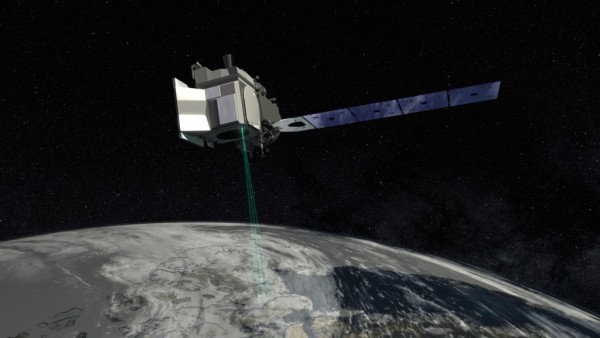New UMD-led project funded by NASA to map boreal aboveground biomass with ICESat-2 satellite data
A new project led by Department of Geographical Sciences faculty member Laura Duncanson has recently been selected by the NASA Terrestrial Ecology program. The project, ‘Mapping Boreal Forest Biomass Density for the ABoVE Domain Circa 2020 with ICESat-2’ includes Co-Investigators Ralph Dubayah and John Armston from the department, as well as Amy Neuenschwander from the University of Texas at Austin, and Paul Montesano from NASA Goddard Space Flight Center. They will use existing field and airborne lidar data, in combination with ICESat-2 photon counting lidar (which launched September 15, 2018), to create a boreal forest aboveground biomass map representative of 2020 structural conditions. They will also work with collaborators from the Canadian Forest Service, Joanne White and Mike Wulder, to analyze the biomass change over the last decade. The change assessment will use a combination of older biomass maps from 2010, and Landsat change products to understand which disturbance processes are driving changes in aboveground biomass in these climate and disturbance-sensitive northern forests. Other collaborators on the project are Sabrina Delgado from NASA GSFC and Steve Hancock at the University of Edinburgh. This is particularly exciting for UMD as the datasets and algorithms from this project will allow biomass mapping north of the GEDI domain.
Image credit: NASA's Goddard Space Flight Center
Published on Thu, 03/28/2019 - 12:31


